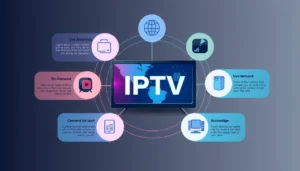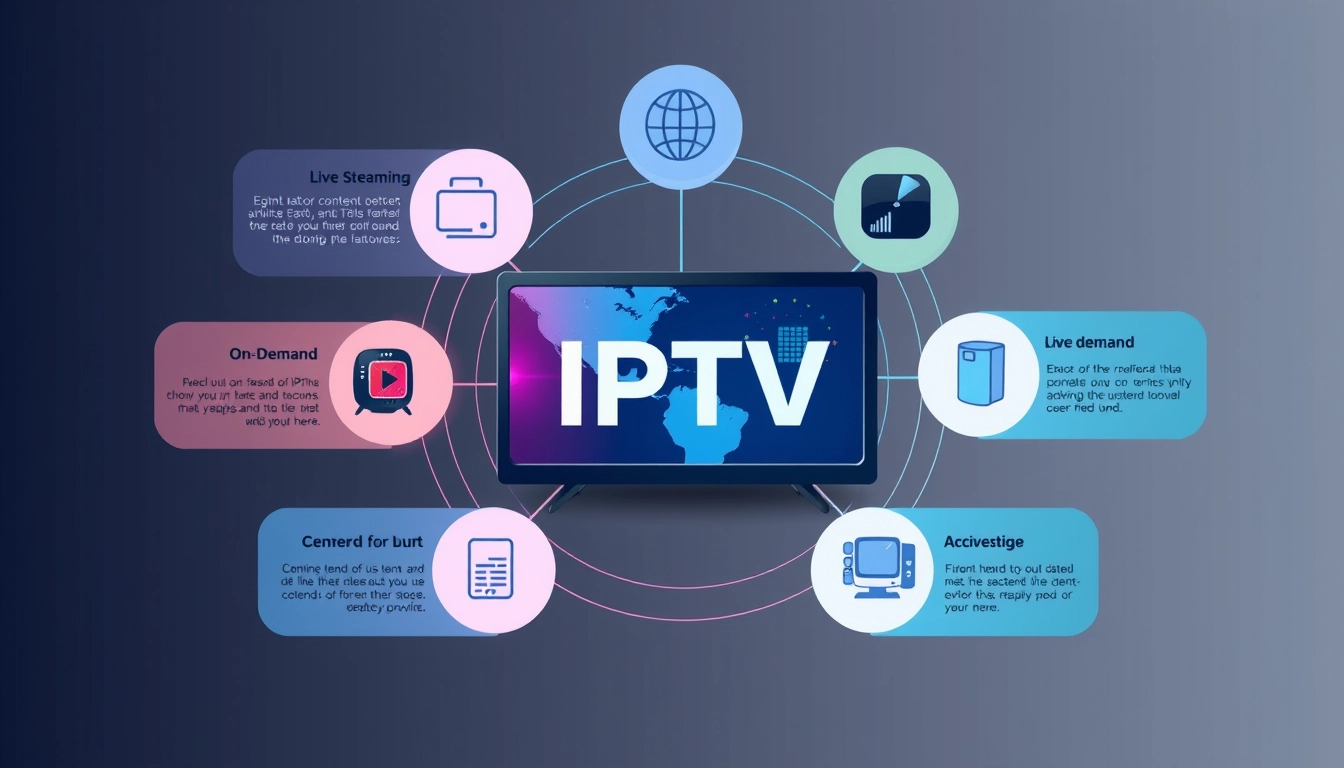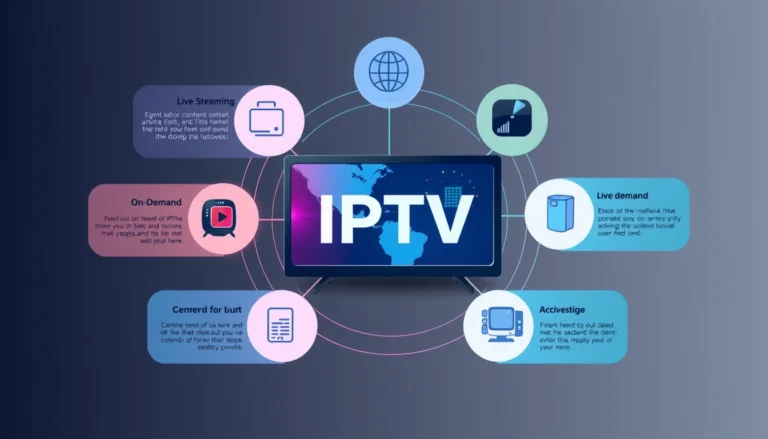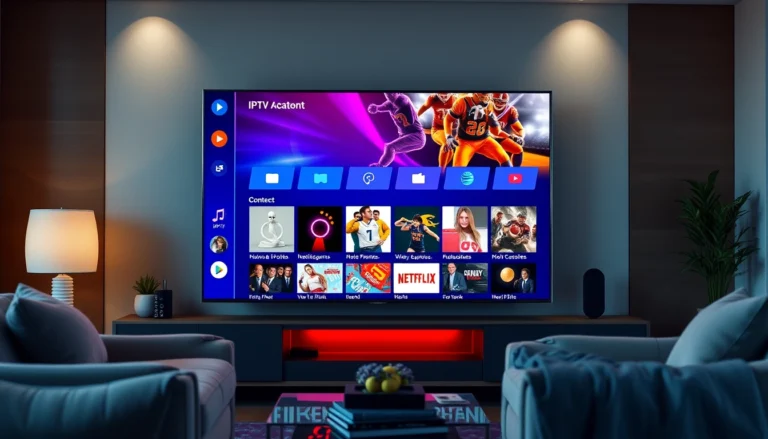In today’s digital landscape, IPTV has emerged as a pivotal innovation that reshapes how we consume television and video content. By delivering programming via the internet rather than traditional broadcasting methods, IPTV opens up a world of possibilities for viewers across the globe. This article delves into the intricacies of IPTV, uncovering its history, advantages, challenges, and promising trends, while emphasizing its significance for modern audiences.
History and Evolution of IPTV
IPTV, or Internet Protocol Television, was pioneered in the late 1990s with the advent of broadband internet. It has since evolved significantly, driven by technological advancements and changing consumer preferences. As traditional cable and satellite services began to face competition from internet-based solutions, IPTV emerged as a robust alternative, offering viewers enhanced flexibility and a more personalized viewing experience. Major milestones include the development of streaming protocols and the launch of popular IPTV services that have made it mainstream.
Benefits and Applications of IPTV
The core benefits of IPTV include the ability to watch content on-demand, access to a diverse array of channels, and the option to personalize viewing preferences. Users can enjoy live broadcasting alongside vast libraries of on-demand content, enhancing their overall viewing experience. In a practical context, IPTV can be employed in various settings—from residential homes with customized packages to businesses needing tailored communication solutions. It’s an ideal choice for entertainment, education, and corporate training purposes.
How IPTV Works
IPTV functions by transmitting video content over an internet connection rather than through traditional cable or satellite signals. This is achieved using a combination of streaming protocols, encoding techniques, and internet infrastructure. Users typically access IPTV through set-top boxes, smart TVs, or mobile devices with specialized software applications. These systems allow for seamless streaming of video content, ensuring high-quality viewing experiences even during peak usage times.
Challenges and Misconceptions About IPTV
Despite its many advantages, IPTV does face several challenges. One major concern is the dependency on internet speed and quality, which can affect streaming performance. Additionally, misconceptions exist regarding the legality of certain IPTV services, with consumers often unaware that not all are authorized to distribute content. Understanding these challenges is crucial to making informed decisions about IPTV adoption and usage.
Future Trends in IPTV
The future of IPTV looks promising with the rise of 5G technology, which will facilitate faster and more reliable streaming options. Additionally, machine learning and AI are expected to play a significant role in content personalization and recommendation systems, enhancing user engagement and satisfaction. Providers will also focus on integrating interactive features such as social viewing experiences and enhanced audience analytics, opening new avenues for advertising and content delivery.
The Importance of IPTV and Next Steps
In conclusion, IPTV stands at the forefront of the digital media revolution, offering unparalleled flexibility and choice for consumers. With its continued evolution, engaging with IPTV can provide not just entertainment but also access to educational resources and essential business communications. As technology advances, now is the time for consumers and providers alike to explore the promising landscape of IPTV fully.
















+ There are no comments
Add yours